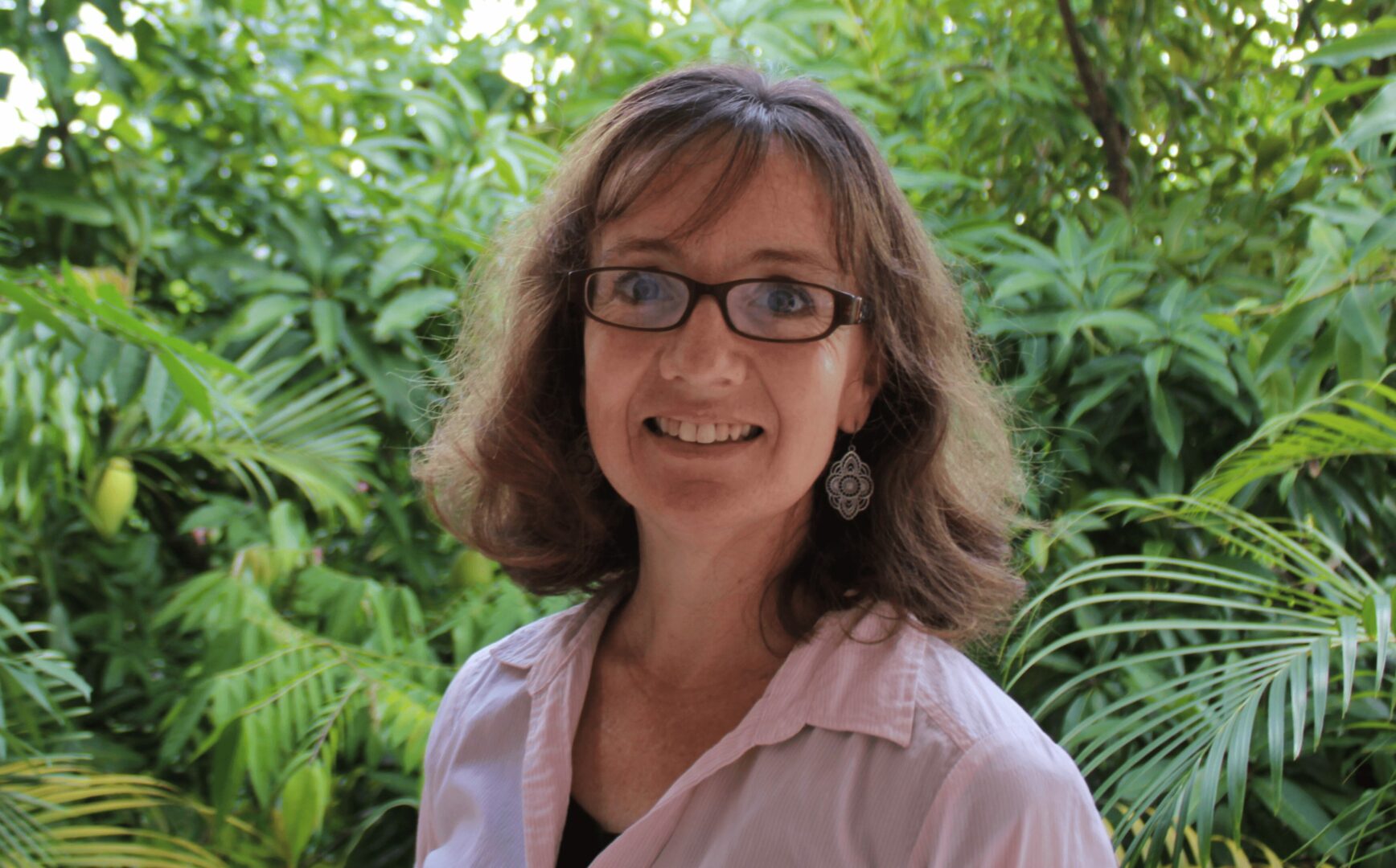We caught up with the brilliant and insightful Erika Charles a few weeks ago and have shared our conversation below.
Erika, we’re thrilled to have you sharing your thoughts and lessons with our community. So, for folks who are at a stage in their life or career where they are trying to be more resilient, can you share where you get your resilience from?
I have come to learn that resilience is less about inherent toughness, but more of a skill that can be developed and strengthened through experience and practice. Inherently, I am afraid of everything. Spiders send my heart racing. Spending a quiet night at home in a predictable environment is my default mode. But the drive to do things bigger than myself in order to support others has pushed me to say yes to opportunities that have challenged me in every possible way. Every moment of discomfort and every unfamiliar situation I encounter gives me the opportunity to exercise my resiliency muscle and hone this skill.
I grew up in Provo, Utah, a beautiful, supportive, and peaceful community. During this time, my parents instilled the importance of relying on faith, prioritizing education, working hard, and serving others. These values became the foundation I could rely on as I stepped out onto unknown paths and would support my ability to build resilience.
My first major step into the unknown was accepting a teaching position in a community in the United States that was vastly different from where I grew up, and where the challenges were immense. Poverty, systemic barriers to resource access, community violence, and generational trauma were everyday realities for my students. I found myself not only teaching, but trying to create a sense of stability in a place where this felt in short supply. I learned resilience in those classrooms by being present for my students, even when I wasn’t sure I had the right answers or solutions. I worked to find ways to connect with my students and support their needs while maintaining my own emotional well-being. It strengthened my ability to problem-solve and persevere, even when I felt completely out of my element.
These experiences motivated me to continue my own education in order to be better equipped to help others facing similar circumstances. I went back to school, earned a second Master’s degree in International Disaster Psychology, and said yes to opportunities that took me further down unknown paths, despite my natural inclinations telling me to safely stay within the familiar confines of my comfort zone.
In 2013, I moved to Port-au-Prince, Haiti, for what I thought was going to be a summer volunteer opportunity teaching Psychology courses at a local university. I quickly realized that the needs for mental health services in Haiti were vast, and there were few, if any, resources available for people seeking support. I was also surrounded by bright students eager to learn all they could so they could support the mental health needs of their own communities. I was overwhelmed by all that I was experiencing, but I knew that with my foundational values and resiliency that was being strengthened every day (whether I wanted to exercise it or not), this is where I needed to be.
Over the last 11 years, the Haitian people have showed me what resiliency truly means, to face unimaginable challenges with grace, recognize the pain, and still find joy, community, and hope. I began to see resilience as not just bouncing back from adversity, but growing stronger because of it. I have learned to adapt, to live in the tension between stability and chaos, and to keep moving forward even when circumstances feel overwhelming.
In 2014, I started Espere Community Counseling Center, a nonprofit organization that focuses on increasing mental health awareness, access, and acceptance. Espere therapists in Haiti and Mexico work to create a space where others can find the mental and emotional support. Each day, I work with people who have faced trauma, loss, and uncertainty. Through their experiences, I’ve witnessed that resilience can be nurtured through connection, understanding, and support. It’s not just an individual skill. It’s something that can be cultivated and shared within a community.
But resilience has also been personal. Haiti is an unbelievably beautiful country with a rich culture and inspiring history. But its frequent challenges such as earthquakes, hurricanes, poverty, political unrest, and violence have become part of my daily existence. I am no longer just a bystander to these events or studying interventions to help; I live in them, alongside the people I love. As a wife and mother to my Haitian husband and adopted daughters, our family has had to find ways to find safety and create a sense of security while navigating the instability of Haiti’s landscape. Just earlier this year, we were forced to flee our home due to gang violence in our neighborhood, and have struggled, along with hundreds of thousands of others forcibly displaced, to meet the physical and emotional needs of our family. But living through these disasters has made me realize that resilience is not just about pushing through tough times—it’s about adjusting, finding new ways to thrive, and remaining open to growth even in the hardest of circumstances.
It’s not that I’ve become immune to fear or struggle—far from it. It’s that I’m learning how to turn these experiences into opportunities for growth. Through every difficult situation, whether it was navigating the complexities of trauma in my early teaching career or living through diverse disasters in Haiti, I’ve become someone who is deeply committed to helping others learn to strengthen their own resiliency muscles. I have learned that no matter the challenge, there’s always a way to move forward, to rebuild, and to find hope in both the familiar and the unknown.
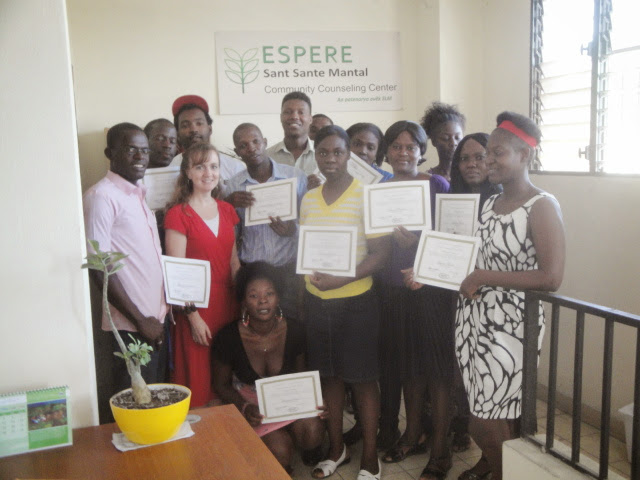
Thanks for sharing that. So, before we get any further into our conversation, can you tell our readers a bit about yourself and what you’re working on?
I am the founder of Espere Community Counseling Center, focused on providing mental health services and psychosocial support to communities, with current programs operating in Haiti and Mexico. Our work is grounded in the belief that mental health care should be accessible to everyone, especially in communities with high exposure to trauma, but little access to support. Our services are provided in diverse settings, including our Port-au-Prince center, hospitals, schools, orphanages, churches, and other community spaces, where we help individuals process their experiences and build resilience.
A core part of what we do is raise awareness about mental health, working to normalize conversations around mental well-being, particularly in places where people are hesitant to seek help due to cultural or social barriers. By offering professional counseling services, psychoeducation workshops, and support groups, we are creating safe spaces for people to openly address their mental health needs.
In addition to our direct work with individuals, we are committed to building the capacity of local psychologists, counselors, and social workers by offering professional development opportunities that give them tools to better serve their communities. This improves the quality of care available locally and also builds a network of mental health professionals who can rely on each other for consultation and support.
One new project we’re currently working on is opening a new center in Haiti in a region that has been cut off from the rest of the country due to gang-controlled highways, leaving its residents with limited access to essential services. This new center will provide counseling services to children, youth, and adults, as well as offer women’s empowerment initiatives to help women in these communities build practical skills, gain economic independence, find support from each other, and strengthen their roles in their families and society.
At Espere, we are deeply commited to increasing access to quality mental health support to the most vulnerable, while also building the capacity of communities to care for themselves. We are driven by the belief that when people are given the tools to heal and grow, they are better equipped to support others, creating a ripple effect of positive change.
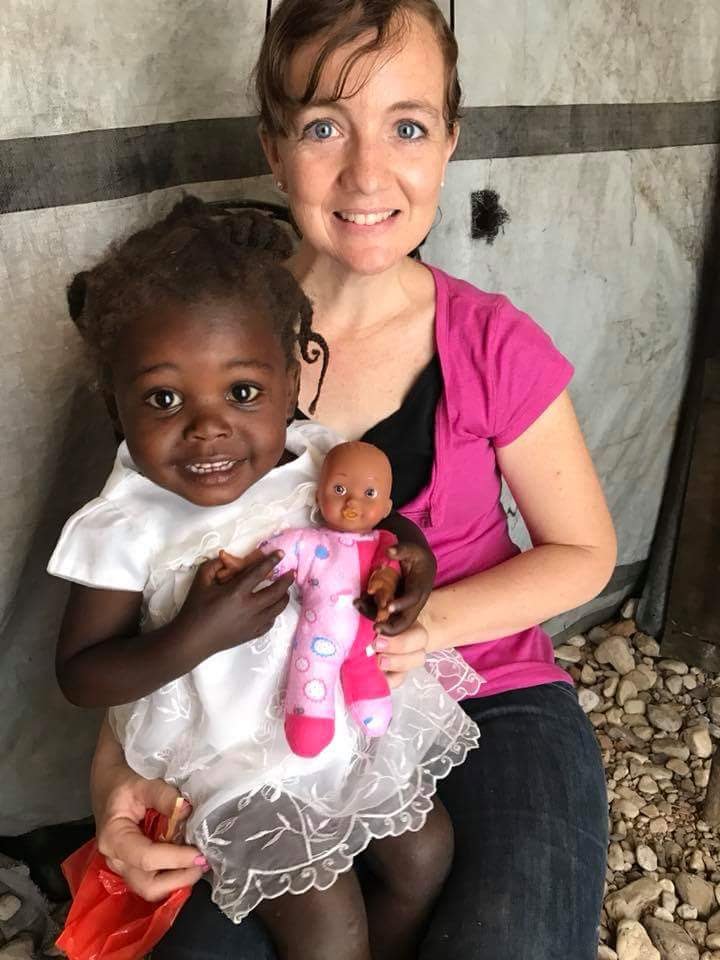
There is so much advice out there about all the different skills and qualities folks need to develop in order to succeed in today’s highly competitive environment and often it can feel overwhelming. So, if we had to break it down to just the three that matter most, which three skills or qualities would you focus on?
One quality that has been impactful in my journey is giving space for my own emotions as they come. There are many times where I find myself wanting to push away the big feelings or minimizing my own reactions when listening to the experiences of others. But when I allow myself to stop, recognize, and accept my mind and body’s responses to things I am experiencing, my own healing process is more effective and fulfilling.
Another impactful quality is prioritizing self-care. While I am far from perfect at this, I have learned that self-care is an essential part of my journey. When I am taking care of myself physically, emotionally, spiritually, and socially, the rough parts don’t seem as tough to navigate, and it’s easier to find bright patches even in the midst of the challenges.
A third quality that I have learned in my journey is to look for the “and”. I’ve come to learn that life is much more nuanced than putting things in either/or boxes – happy or sad, good or bad. When I see the “and”, I have much more acceptance for myself and others. I can feel happy about one thing and sad about something else. My day can have many obstacles and moments of joy.
For others who are early in their journey, it’s important to remember that your journey is unique to you. The challenges that you face, the emotions you feel, and the choices you make cannot be compared to someone else’s story. When you give yourself space to accept who you are, take care of yourself, and don’t get limited by over-simplistic constructs, you will be prepared to say yes to the next opportunites for success (“and” new challenges to overcome).
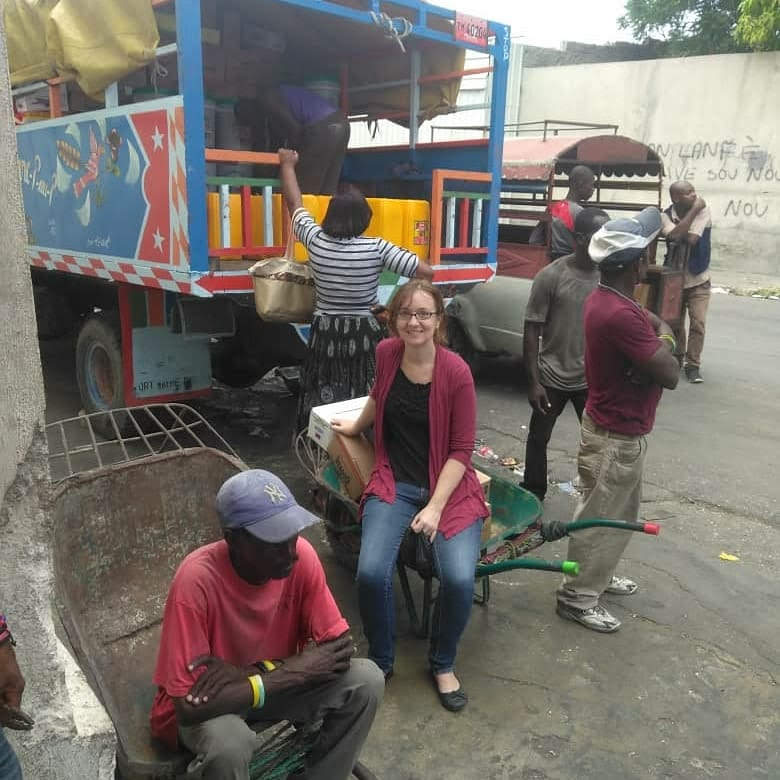
Is there a particular challenge you are currently facing?
The biggest challenge I’m currently facing is pacing myself while balancing the demands of my work, family, and personal well-being. Living in an area with ongoing conflict and having to constantly evaluate security risks to ensure my family’s and staff’s safety, all while running Espere Community Counseling Center where we help others navigate similar challenges often feels overwhelming. The weight of these responsibilities significantly increases the risk of burnout.
My goal is to find a steadier pace in order to run this marathon. I’m focusing on creating more intentional boundaries between my work life and personal time. I’m also involving my team more in decision-making and sharing leadership responsibilities to help lighten the load. Prioritizing tasks and allowing myself the grace to slow down when necessary has helped me sustain my energy longer. Although the needs around me are immense, I am trying to incorporate these strategies so that I can have the stamina and mental well-being to stay the course.
Contact Info:
- Website: https://www.esperecounseling.org
- Instagram: espere_counseling
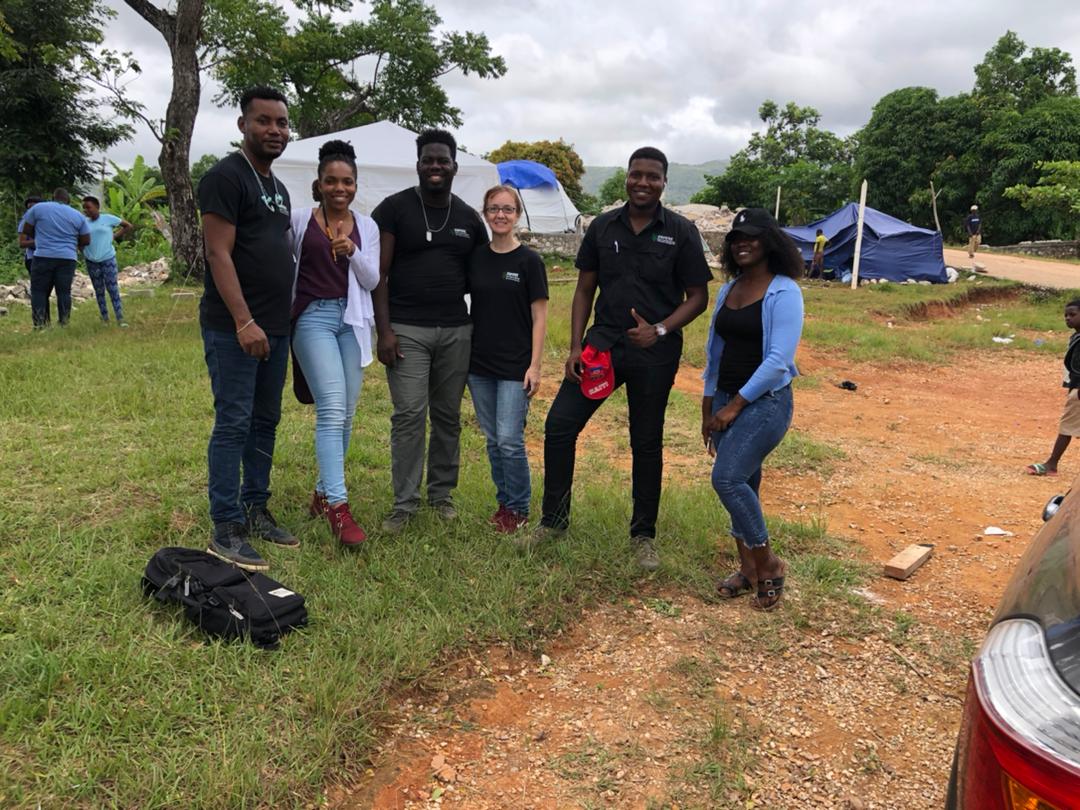
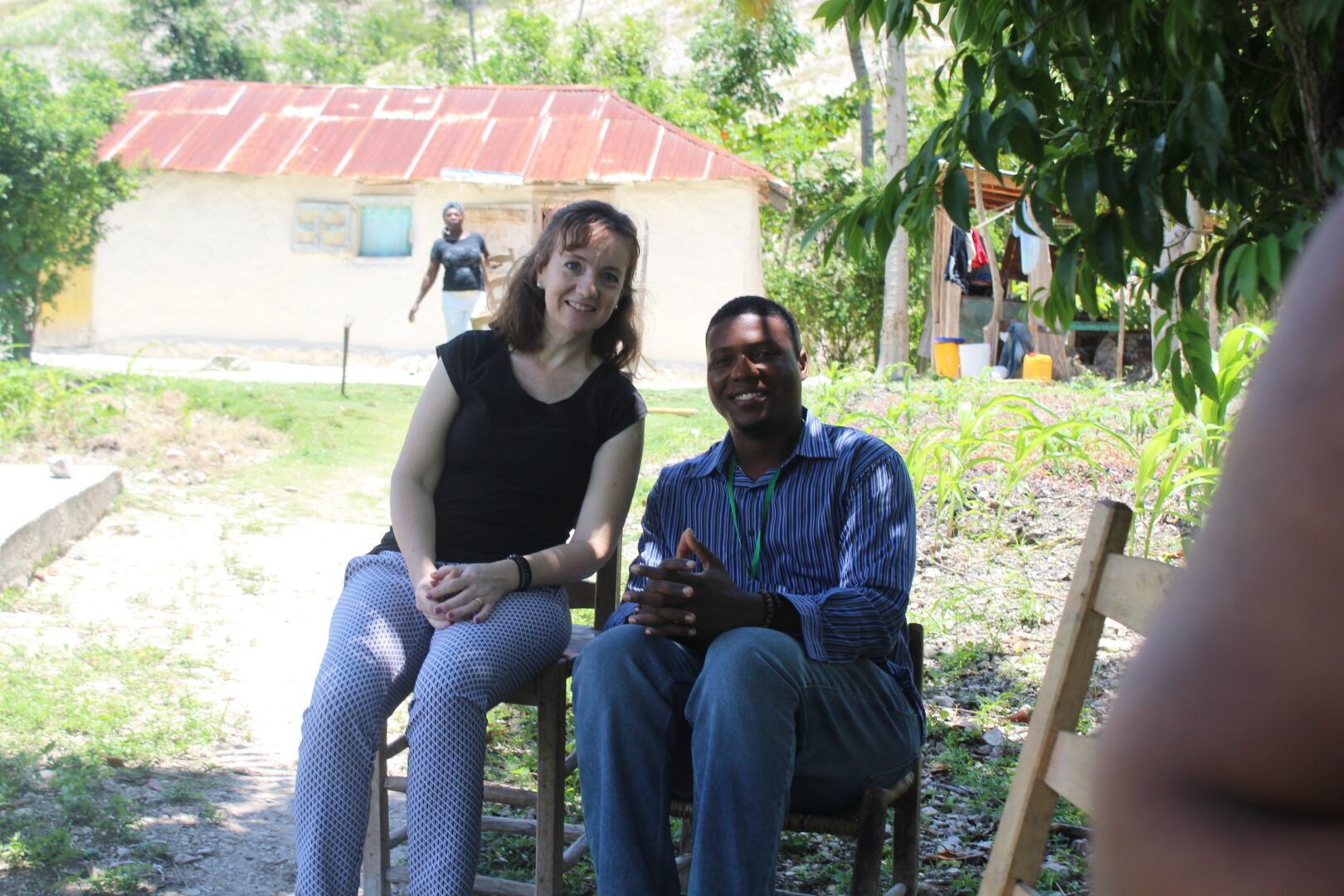
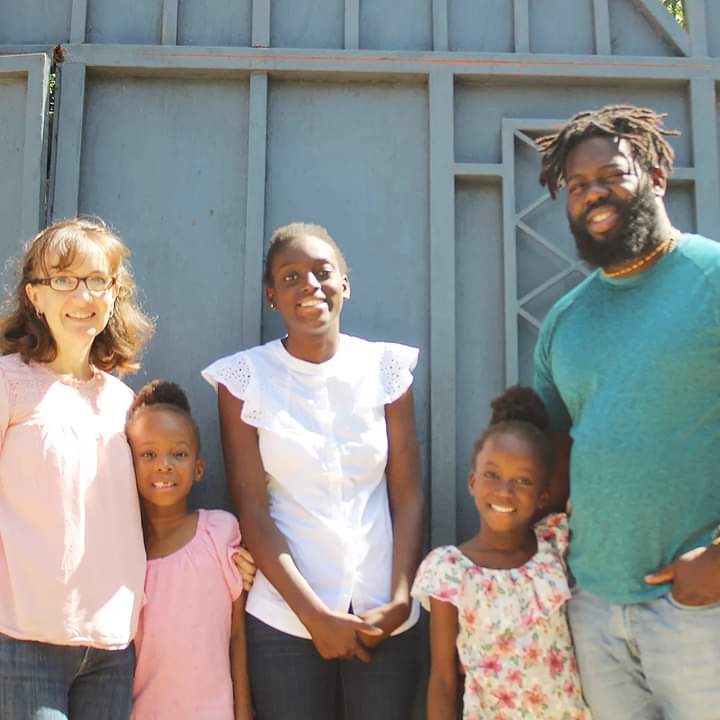
so if you or someone you know deserves recognition please let us know here.

